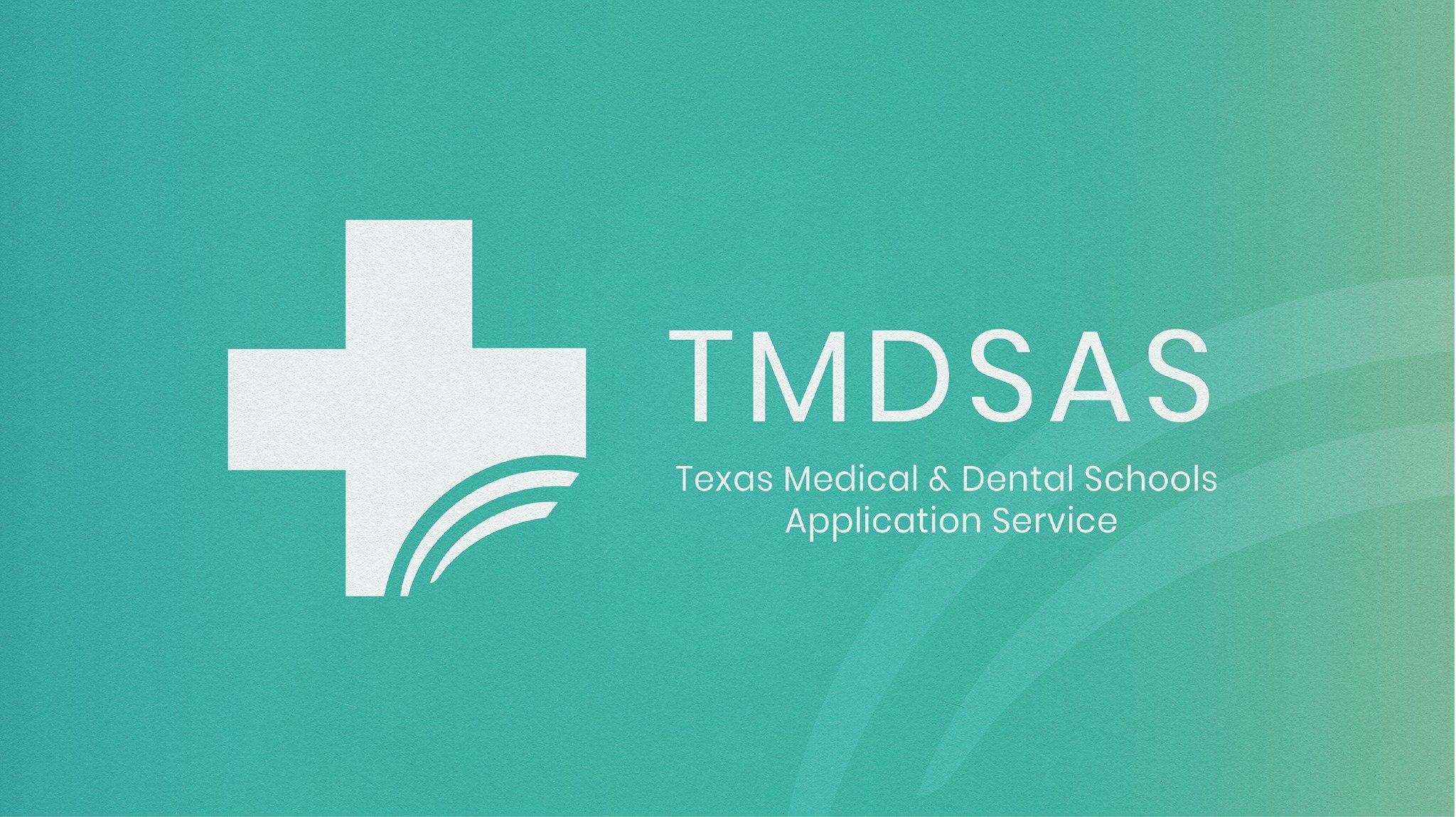What is the best way to improve my application for the 2022-2023 in the next six months?
I’m applying as a Canadian student from a top Canadian university, so I know that the process is much more competitive for me.
Stats: 3.92 cGPA/3.87 sGPA (2021 grad in neuroscience and psychology with rhetoric minor) MCAT 518 (129/127/130/132)
ECs (all hours by time of app)
1. Honours: Deans List + 3 academic scholarships
2. 2 publications + 2 undergraduate conferences
3. Research: Psych Lab 1 (720 hrs + 1 pub)
4. Research: Psych Lab 2 (240 hrs + undergrad thesis)
5. Research: Nephrology lab (2000 hrs + 1 pub)
6. Clinical experience: Clinical research assistant (full time employment 1300 hrs)
7. Leadership: Student research team lead + mentor (200 hrs)
8. Leadership: 3 homelessness clubs exec team (75, 200, 150)
9. Leadership: First Aid society exec (150 hrs)
10. Volunteering: homelessness nonprofit (150 hrs)
11. Volunteering: emotional support text line (240 hrs)
12. Volunteering: COVID 19 drives (120 hrs)
13. Volunteering: Tutoring kids, undergrads, adult literacy learners (80, 100, 128 hrs)
14. Shadowing: 100 hrs (4 specialities)
15. Hobby: creative writing
16. Leadership: scientific writing club (128 hrs)
17. Employment: transcriptionist and video editor (150 hrs)
18. Hobby: coding (I’ve made a few very simple apps. I’m not naturally good at coding and learn very slowly. My goal is to make my own app in the next six months, but it’ll be pretty simple and just for my own interest)
LORs
1. Neuroscience prof (strong relationship)
2. Neuroscience/psychology prof (my PI + pretty strong relationship)
3. Neuroscience prof (pretty good relationship, although I don’t know them super well)
4. Writing prof (very strong relationship)
5. Nephrology lab PI (strong relationship I think but it’s hard to tell with them lol)
6. (Hopeful) Clinical research lab PI (starting to get to know them?)
7. (Hopeful) Research lab manager (pretty good relationship)
8. (Hopeful) transcriptionist job employer (I know for a fact they will ask me to write the draft reference and then sign it without reading because that’s what they did when I asked for an employment reference lol)
I’m planning on retaking my MCAT because my CARS score is low for Canadian med schools (literally, there are schools that have a cutoff of 128/129), but I worry that my score might decrease for US medical schools, so I’m only going to retake if my AAMC FL’s score is average 524+, which ofc is a very tall order lmao.
Additionally, my LORs are very one note with my science LORs all being from neuroscience profs. The problem is that my other BCPM prerequisites were taken earlier in my undergrad in classes of 1000+ students in which office hours were regularly 50+ people. I could try to email some of my profs since I did pretty well in those courses, but I doubt they would write me a strong letter.
Other than that, I feel like non clinical volunteering is a weak point on my app. Most of my experiences are 8-16 months only. I also feel like I don’t have a “narrative thread” running through my app, which I’ve gathered from reading the premed subreddit and SDN is very important for US medical schools?
I also don’t feel like I have an “X factor” which seems to be required for international students? Given that there are only about 7 months until the application cycle, is it even possible to get an X factor by then? I will say that I’m learning coding and working on some creative writing projects, but obviously getting published by a major publication house takes ridiculous luck and talent and I’m obviously not setting my hopes on such a thing lol
I’m applying as a Canadian student from a top Canadian university, so I know that the process is much more competitive for me.
Stats: 3.92 cGPA/3.87 sGPA (2021 grad in neuroscience and psychology with rhetoric minor) MCAT 518 (129/127/130/132)
ECs (all hours by time of app)
1. Honours: Deans List + 3 academic scholarships
2. 2 publications + 2 undergraduate conferences
3. Research: Psych Lab 1 (720 hrs + 1 pub)
4. Research: Psych Lab 2 (240 hrs + undergrad thesis)
5. Research: Nephrology lab (2000 hrs + 1 pub)
6. Clinical experience: Clinical research assistant (full time employment 1300 hrs)
7. Leadership: Student research team lead + mentor (200 hrs)
8. Leadership: 3 homelessness clubs exec team (75, 200, 150)
9. Leadership: First Aid society exec (150 hrs)
10. Volunteering: homelessness nonprofit (150 hrs)
11. Volunteering: emotional support text line (240 hrs)
12. Volunteering: COVID 19 drives (120 hrs)
13. Volunteering: Tutoring kids, undergrads, adult literacy learners (80, 100, 128 hrs)
14. Shadowing: 100 hrs (4 specialities)
15. Hobby: creative writing
16. Leadership: scientific writing club (128 hrs)
17. Employment: transcriptionist and video editor (150 hrs)
18. Hobby: coding (I’ve made a few very simple apps. I’m not naturally good at coding and learn very slowly. My goal is to make my own app in the next six months, but it’ll be pretty simple and just for my own interest)
LORs
1. Neuroscience prof (strong relationship)
2. Neuroscience/psychology prof (my PI + pretty strong relationship)
3. Neuroscience prof (pretty good relationship, although I don’t know them super well)
4. Writing prof (very strong relationship)
5. Nephrology lab PI (strong relationship I think but it’s hard to tell with them lol)
6. (Hopeful) Clinical research lab PI (starting to get to know them?)
7. (Hopeful) Research lab manager (pretty good relationship)
8. (Hopeful) transcriptionist job employer (I know for a fact they will ask me to write the draft reference and then sign it without reading because that’s what they did when I asked for an employment reference lol)
I’m planning on retaking my MCAT because my CARS score is low for Canadian med schools (literally, there are schools that have a cutoff of 128/129), but I worry that my score might decrease for US medical schools, so I’m only going to retake if my AAMC FL’s score is average 524+, which ofc is a very tall order lmao.
Additionally, my LORs are very one note with my science LORs all being from neuroscience profs. The problem is that my other BCPM prerequisites were taken earlier in my undergrad in classes of 1000+ students in which office hours were regularly 50+ people. I could try to email some of my profs since I did pretty well in those courses, but I doubt they would write me a strong letter.
Other than that, I feel like non clinical volunteering is a weak point on my app. Most of my experiences are 8-16 months only. I also feel like I don’t have a “narrative thread” running through my app, which I’ve gathered from reading the premed subreddit and SDN is very important for US medical schools?
I also don’t feel like I have an “X factor” which seems to be required for international students? Given that there are only about 7 months until the application cycle, is it even possible to get an X factor by then? I will say that I’m learning coding and working on some creative writing projects, but obviously getting published by a major publication house takes ridiculous luck and talent and I’m obviously not setting my hopes on such a thing lol



